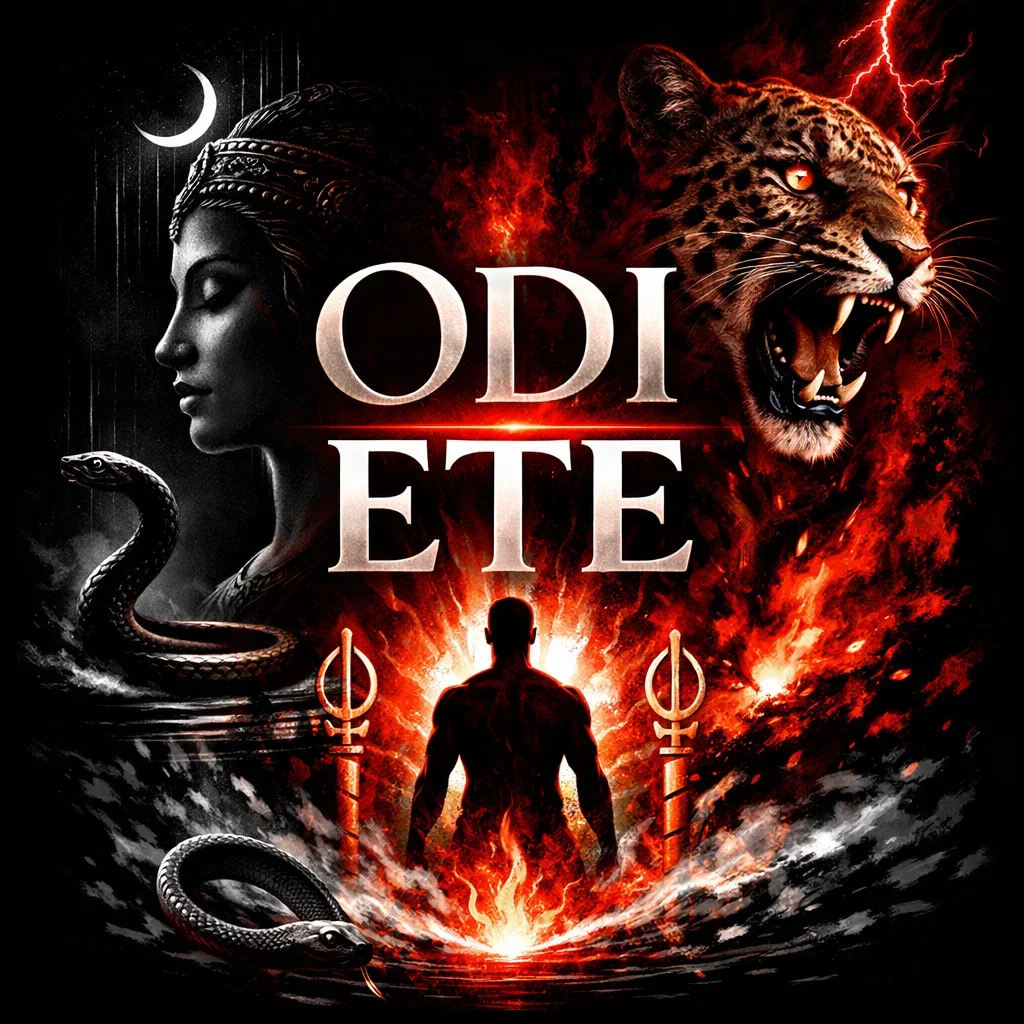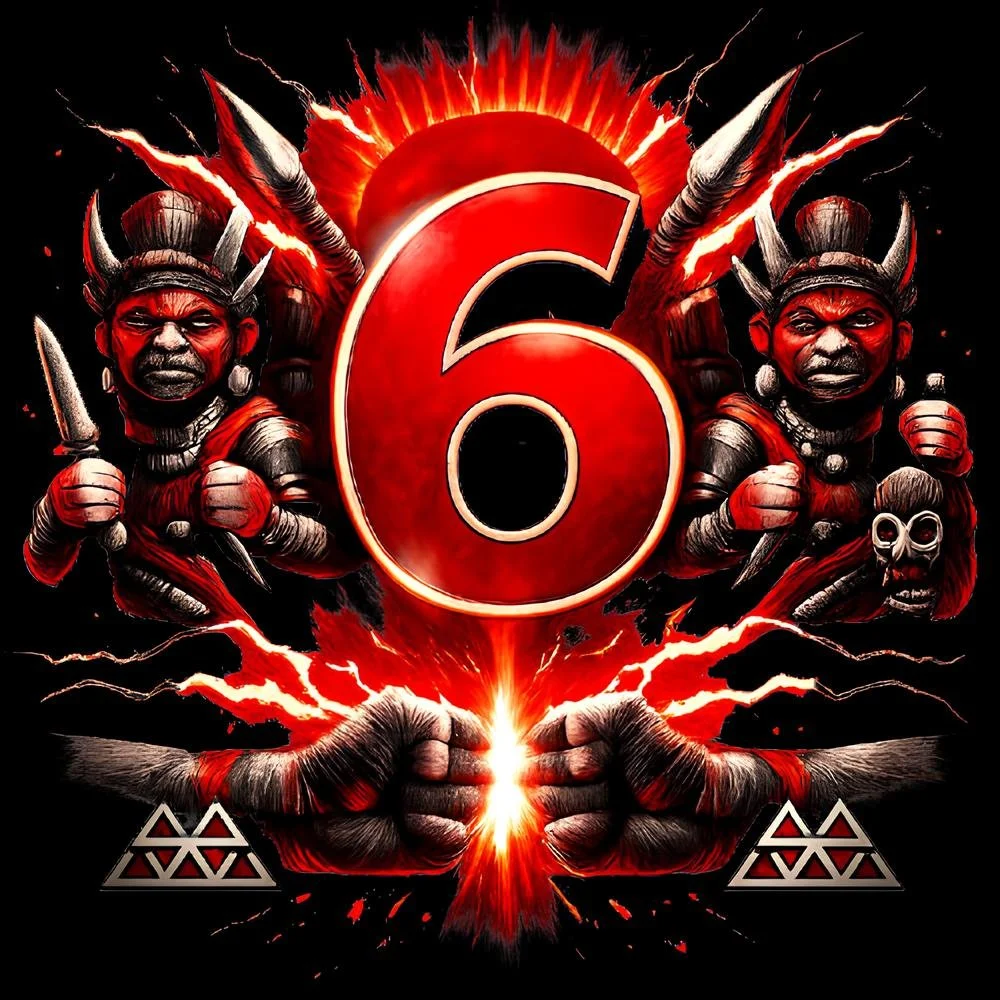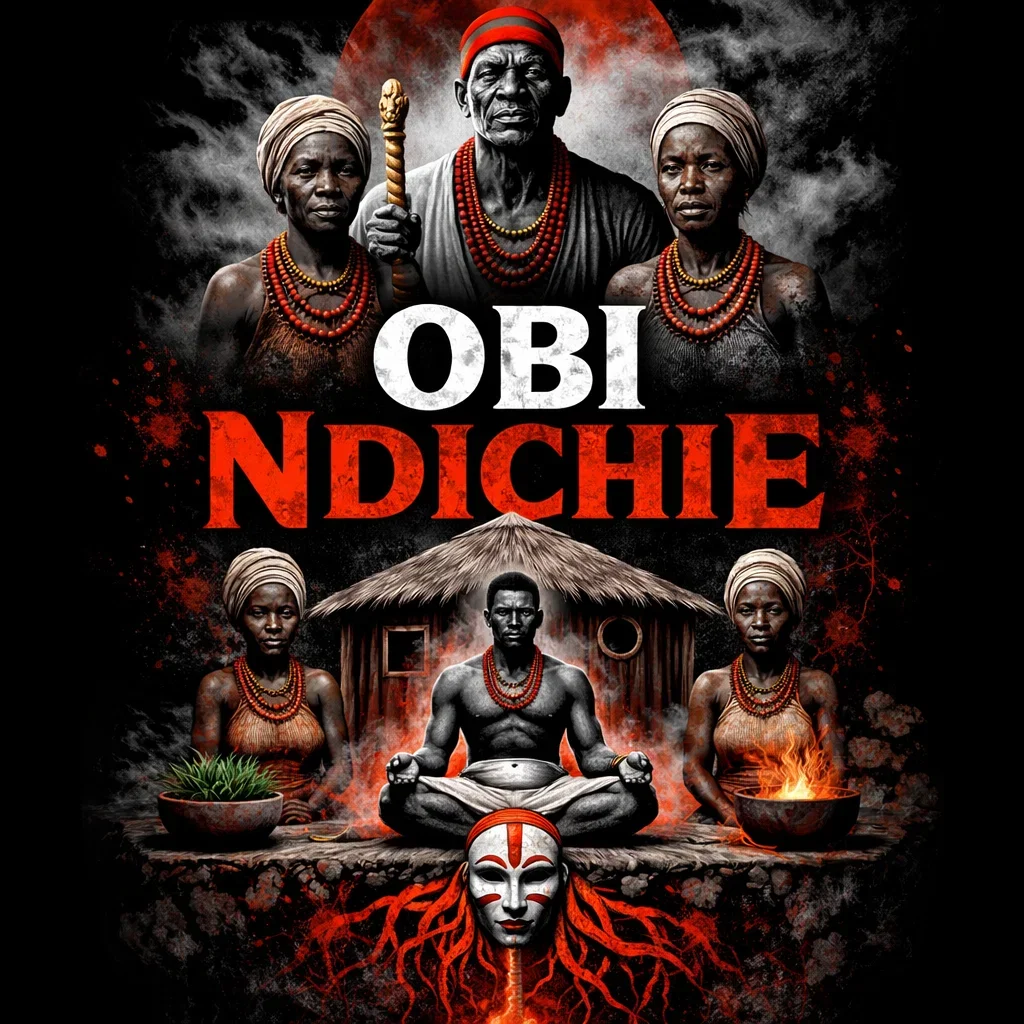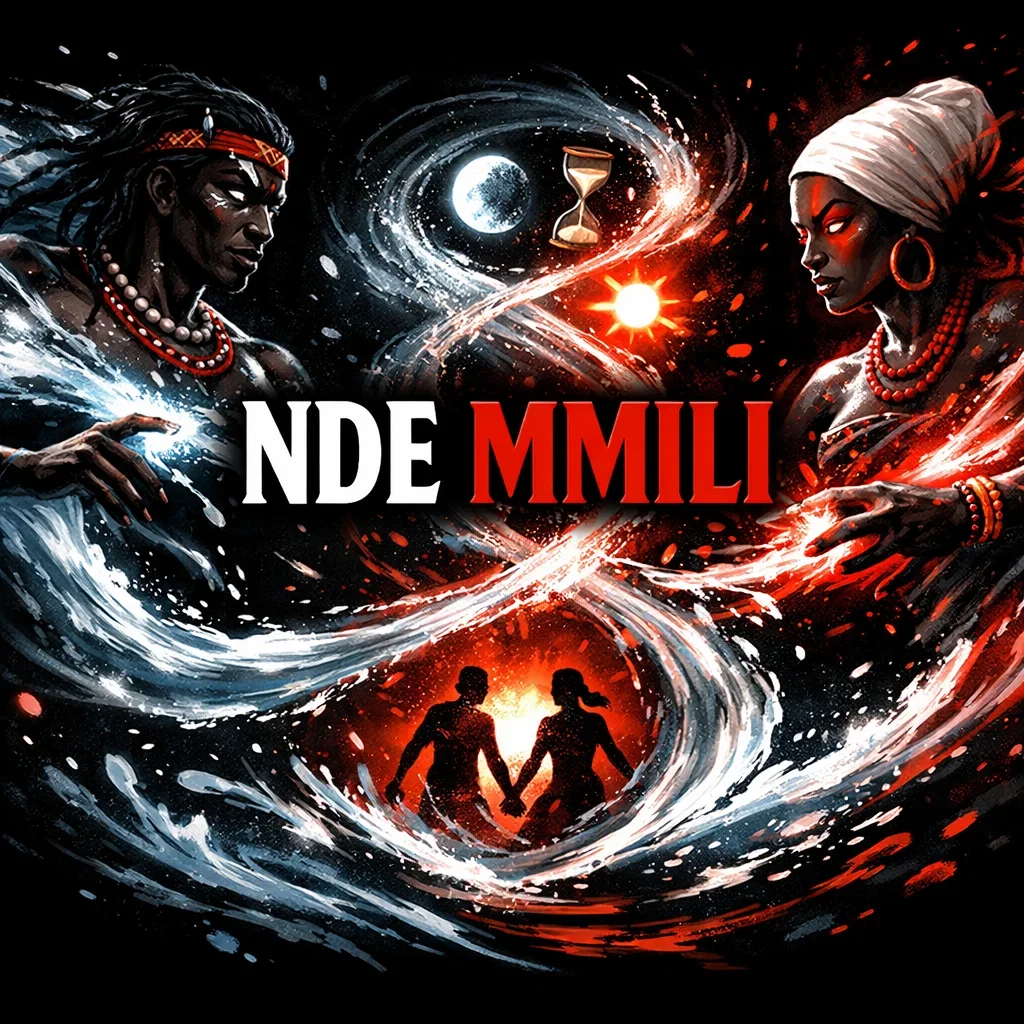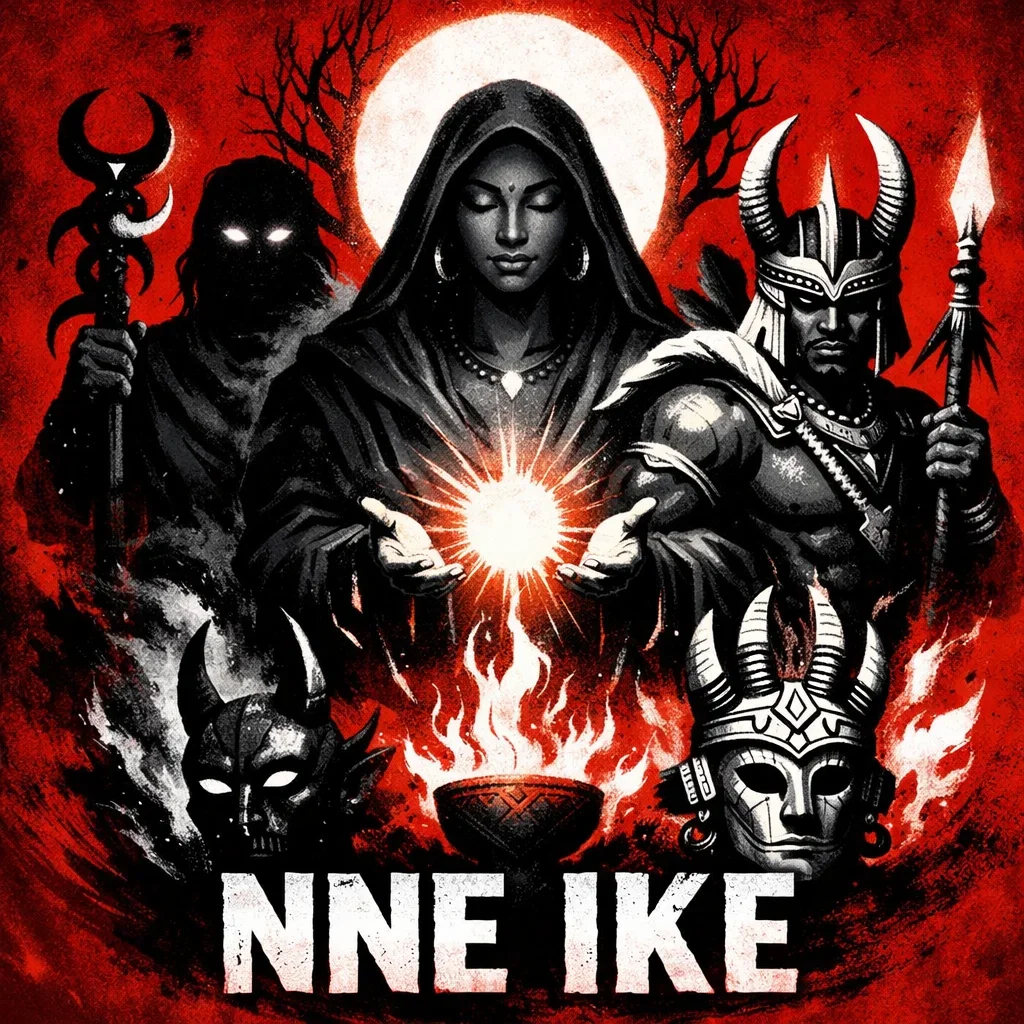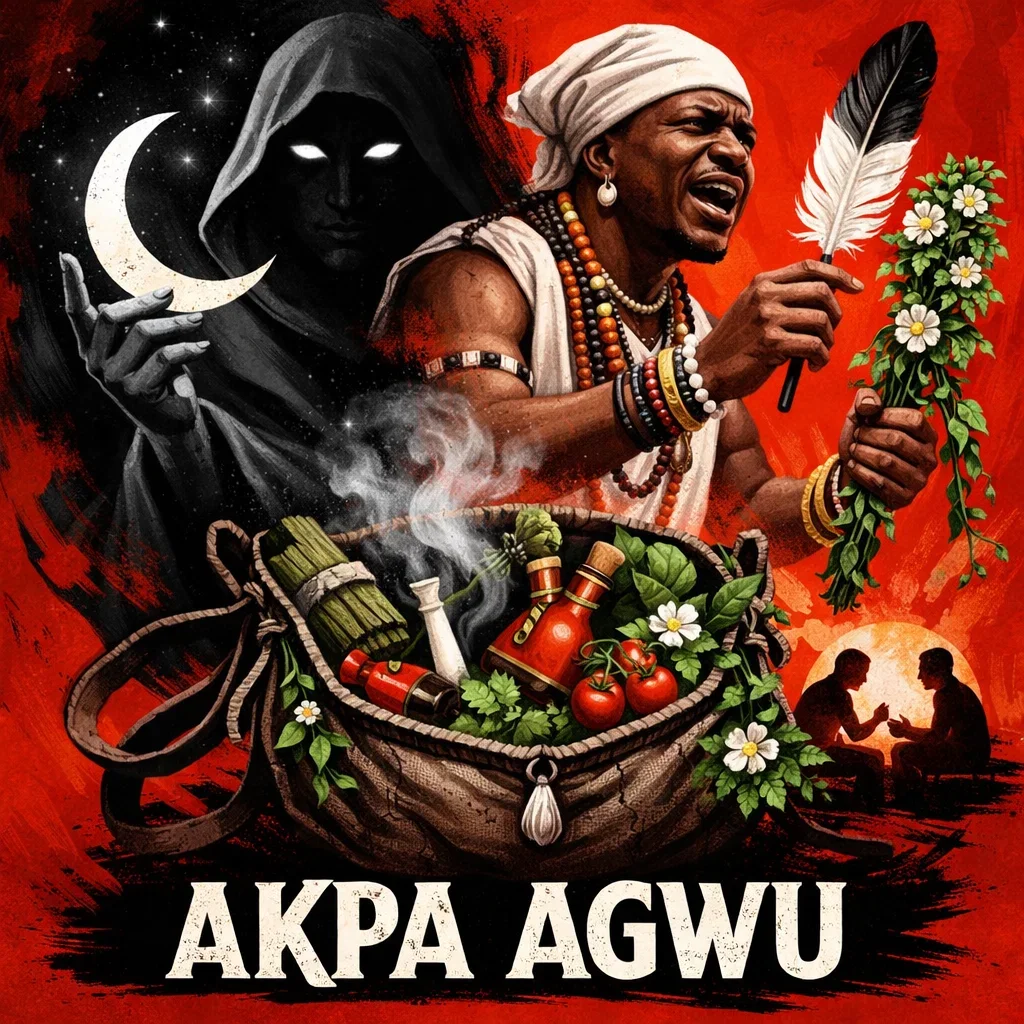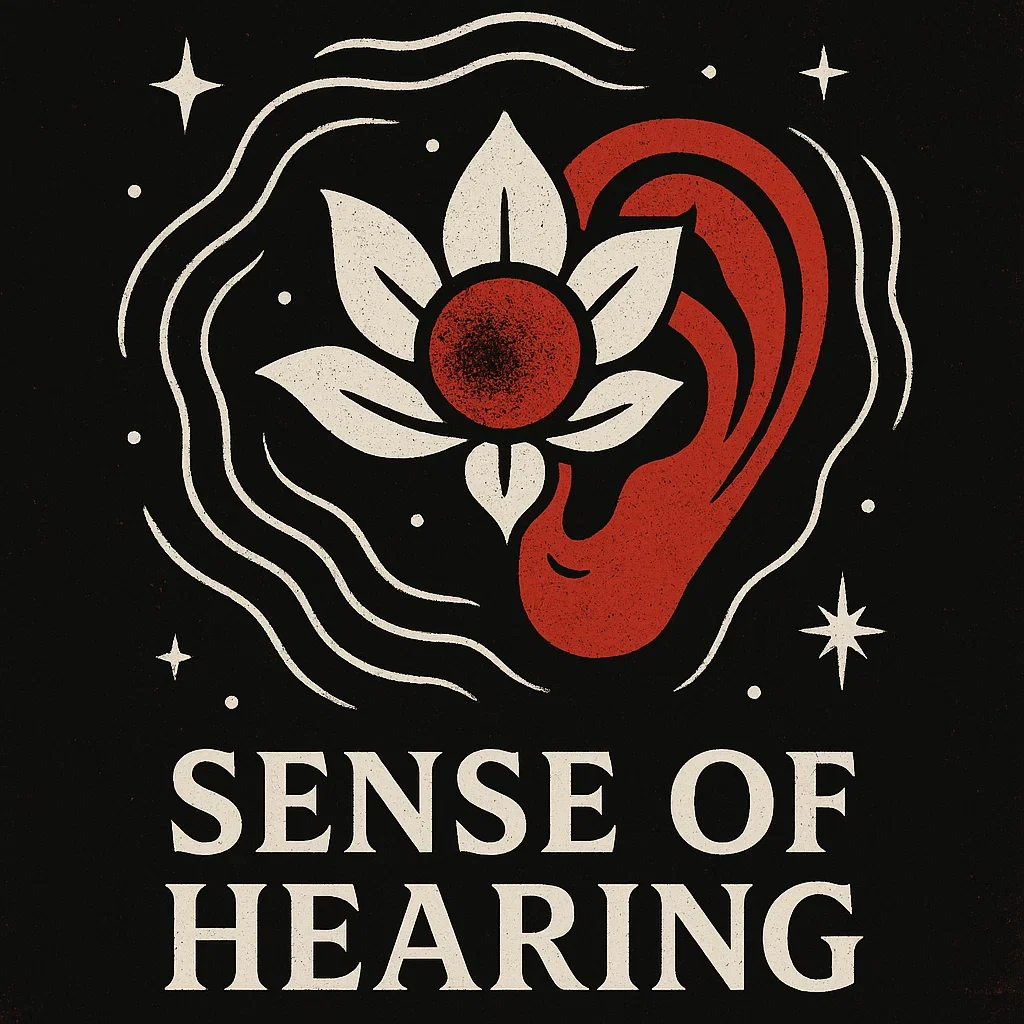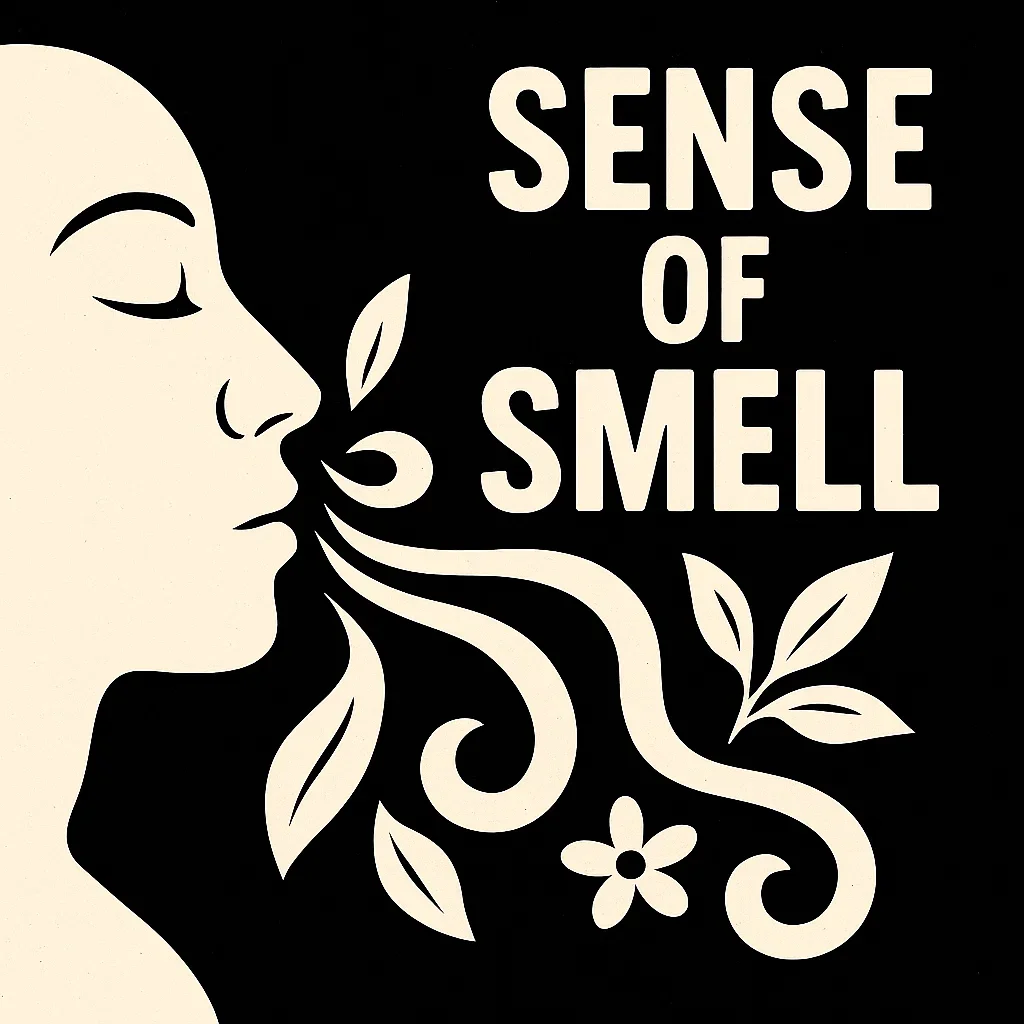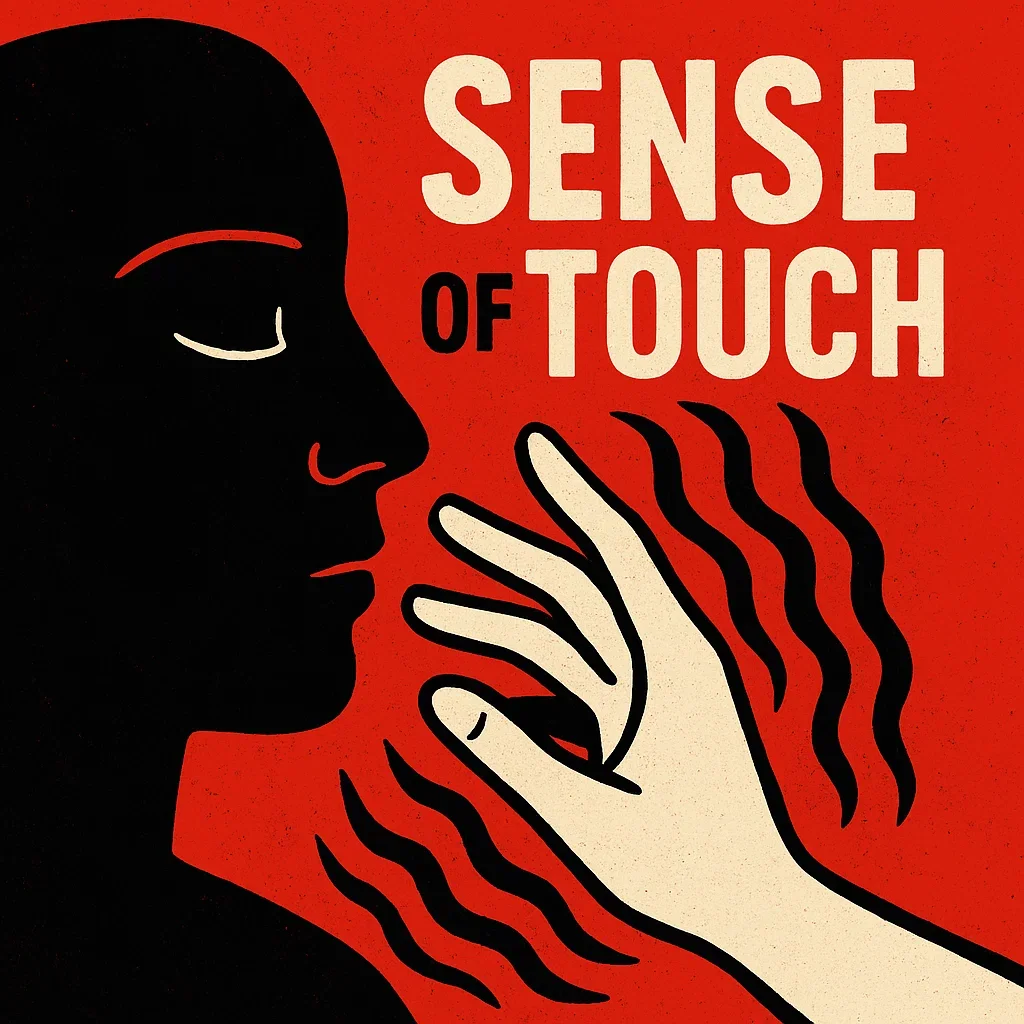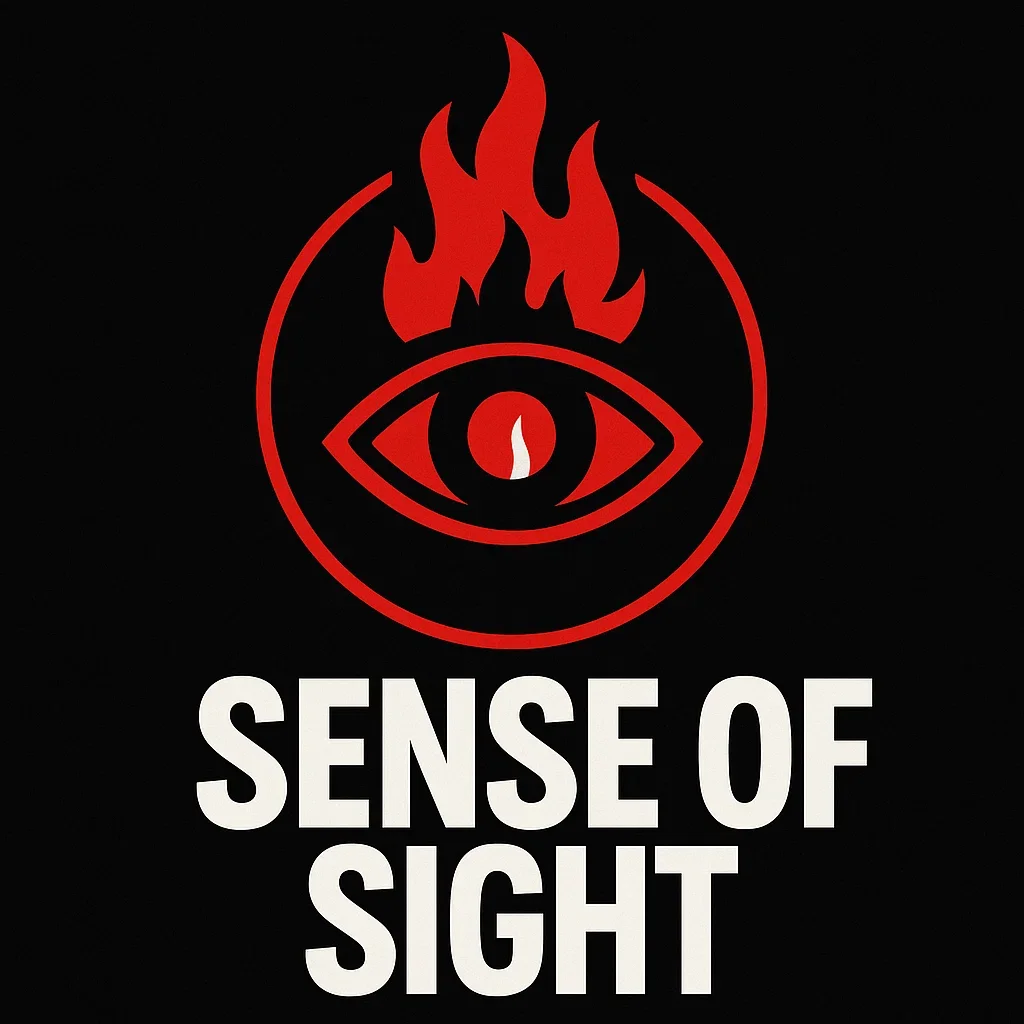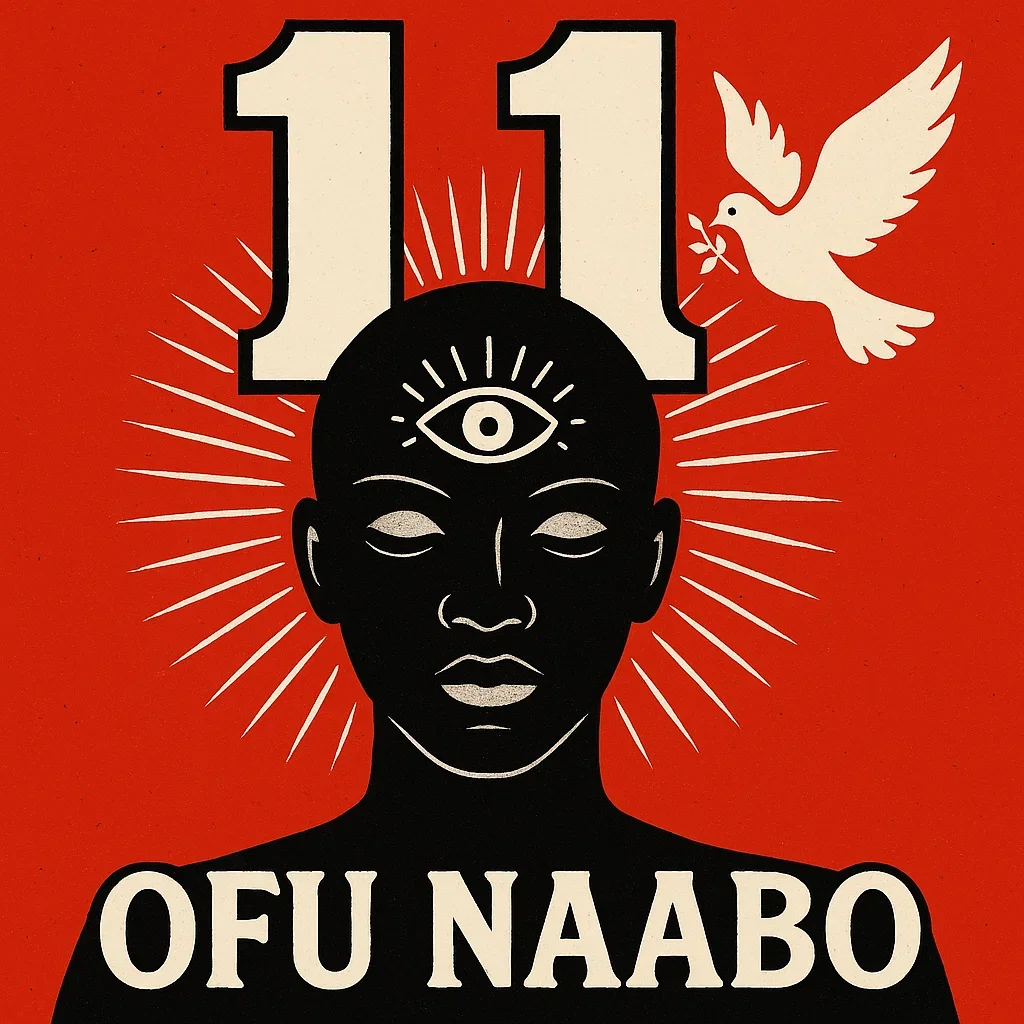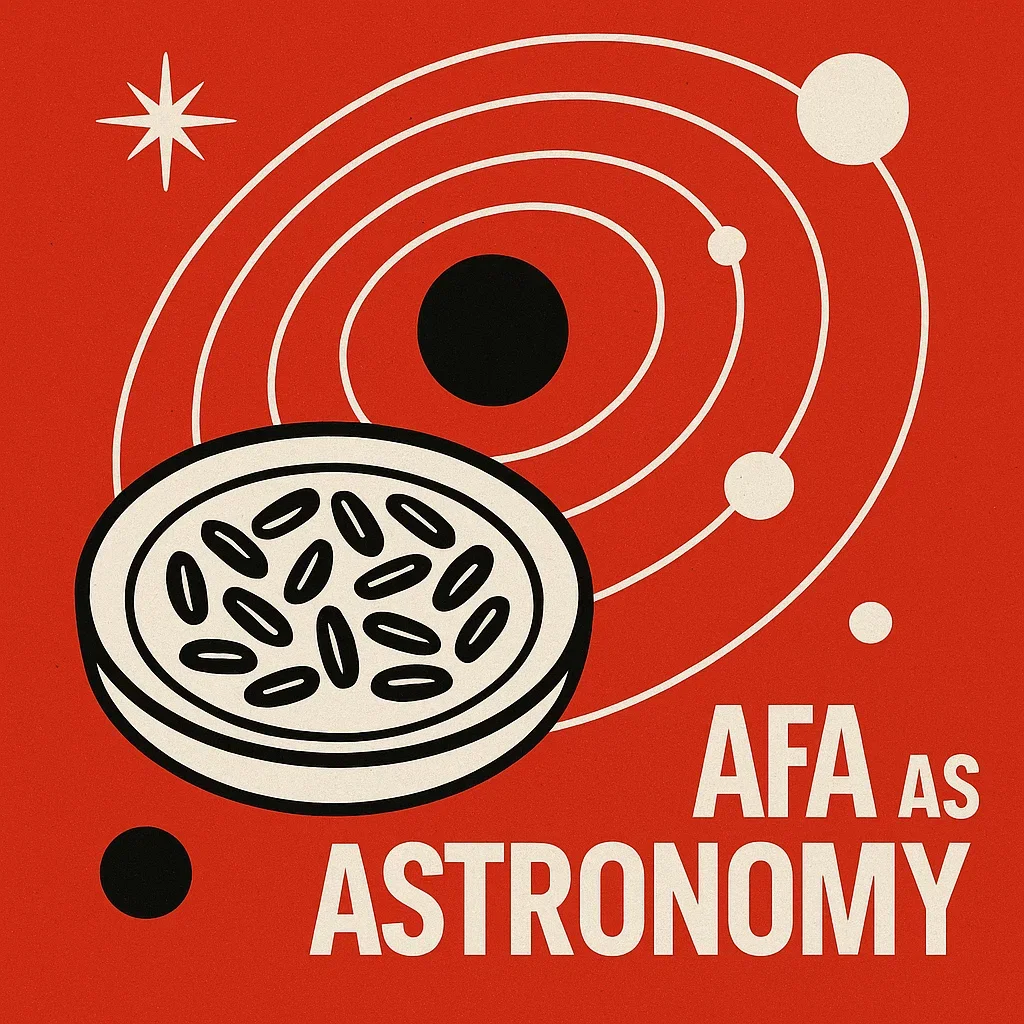Welcome to Faculty of Divination!
Explore our growing collection of 350+ exclusive teachings on Afa divination, Igbo numerology, Igbo astrology, Igbo palmistry, dream interpretations, and other divinatory systems.
Search results will show you available teachings organized by category for easier navigation.
Odi Ete as Leo Energy in Afa
Odi Ete in Afa describes how hidden power becomes visible authority. Odi represents contained strength and inner depth, while Ete represents sudden activation and transition. When combined, Odi Ete explains the emergence of commanding presence and leadership, symbolically associated with Leo energy and the Idemmili principle. This teaching shows that true authority develops in silence and appears through decisive action, often evoking respect or fear because it reveals power that cannot be ignored.
Number 6 as Agali Naabo in Afa
In Afa, the number 6 can be understood through the lens of Agali Naabo, representing compounded Ikenga energy. Agali signifies strength, will, victory, and the force of achievement, while the number 3 encodes Ikenga itself. When Ikenga is expressed twice—3 + 3 = 6—strength reinforces strength, producing momentum, fulfillment, and decisive power. Agali Naabo explains why six represents victory, authority, and successful outcomes: it is Ikenga energy that has doubled, stabilized, and proven effective through action guided by intelligence.
Akwali as Akwu Aghali in Afa
Akwu Aghali in Afa describes how creation emerges from strength held within stillness. Akwu provides grounding and patience, while Agali supplies force and vitality. When combined, they generate centripetal, procreative energy that gives rise to life, blood, flesh, and reproduction. Akwali, the mound, symbolizes accumulated potential made visible. This teaching shows that growth and creation require contained strength rather than scattered force, and that the feminine principle is essential in transforming power into life.
Number 10 as Obi Akwu in Afa
In Afa, the number 10 can be understood as Obi Akwu, the union of movement and stillness. Obi represents active intelligence, dialogue, and problem-solving, while Akwu represents grounding, patience, and stabilizing presence. Symbolically, this is reflected in binary, where 1 corresponds to Obi and 0 corresponds to Akwu, forming 10 as action anchored in stillness. This combination explains why Obi Akwu is associated with the collective, the world, and great strength, many individuals acting within a shared structure. Obi Akwu teaches that real power emerges when movement is supported by stability, allowing intelligence to scale into communities, systems, and lasting impact.
Akwu Ululu as Obi Ndichie (Ancestral Realm) in Afa
Akwu Ululu in Afa explains the nature of the ancestral realm, known as Obi Ndichie. Akwu represents potent stillness, patience, and foundational stability, while Ululu represents anchoring, gravity, and embodiment. When combined, Akwu Ululu describes a state where ancestral presence is fixed, stable, and continuously accessible. This teaching shows that ancestors in Igbo worldview are not wandering spirits but remain grounded through lineage, land, and the physical body. Through this anchored stillness, memory, identity, and ancestral authority are preserved across generations.
Ete Obi as Ndi Mmili (Water Spirits) in Afa
Ete Obi in Afa describes how movement and connection give rise to water as a medium of intelligence. Ete creates pathways across time and space, while Obi provides active engagement and problem-solving. Together, they form Ete Obi, which is identified as Ndi Mmili—the water spirits. This teaching explains that water is not only physical but a connective force that carries information, emotion, and awareness. Through Ete Obi, Afa shows how transformation happens through flow, adaptability, and guided movement rather than force or rigidity.
Odi Agali as Nne Ike in Afa
Odi Agali in Afa explains where strength, success, and personal power truly come from. Odi represents darkness as a generative state, while Agali represents Ikenga as the force of will, victory, and achievement. When combined as Odi Agali, this force is identified as Nne Ike, the Mother of Ikenga. This teaching shows that Ikenga does not exist on its own; it emerges from a deeper feminine source that gives it life and direction. Without Nne Ike, Ikenga cannot take form or function, which is why debates about whether women can have Ikenga miss the point entirely, the divine feminine is the source from which Ikenga itself is born.
Odi Obi as Akpa Agwu in Afa
Odi Obi in Afa describes how divine intelligence is contained and made functional. Odi represents darkness or midnight, a state where things are hidden, quiet, and unresolved, while Obi represents movement, activity, dialogue, and the process of finding solutions. When these two work together, they form Odi Obi, which is also understood as Akpa Agwu, the dibia’s medicine bag. This means that knowledge, power, and solutions are not accessed randomly; they are stored, organized, and activated through the right inner conditions. Just as a dibia uses the tools in Akpa Agwu intentionally, Odi Obi teaches that clarity, peace (Udo), and effective action come from first containing uncertainty and then engaging it through thoughtful movement and dialogue.
Ete Ora as the Fifth Element and Sense of Hearing
In Afa, Ete Ora encodes the sense of hearing as the gateway into the fifth element—ether, the unseen medium that allows all things to manifest. Hearing is unlike the other senses: it requires stillness, surrender, and receptivity. Just as ether is invisible yet foundational, hearing is subtle yet essential, the bridge (Ete) through which vibration becomes revelation (Ora). It is the sense upon which instinct, intuition, prophecy, and consciousness depend. To hear is to pause, to receive, and to actualize the hidden energies of the cosmos. This teaching expounds on this concept.
Aka Ete as the Sense of Taste in Afa
In Afa, Aka Ete encodes the sense of taste as one of the five main senses. Centered around the element of water, taste is the hand of discernment that guides what enters the body and spirit. It preserves memory, binds culture, and sustains communion with the divine. Every taste is both immediate and eternal, a vibrational knowing that life is sustained through the waters of existence. This teaching expands on this concept.
Obala Ijite as the Sense of Smell in Afa
In Afa, Obala Ijite represents the sense of smell, a divinatory faculty linked with Agwu (spirit of divination) and Ikuku (air element). Smell beyond being a physical sense is also viewed in Afa as a subtle path of revelation, exposing what is hidden e.g freshness or decay, danger or delight, long before sight or touch confirms it. Centered around in breath, smell bridges the inner and outer worlds, ties memory to presence, and functions as a spiritual herald of truth. This teachings expounds on that insight.
Odii Ijite as the Sense of Touch in Afa
In Afa, Odii Ijite represents the sense of touch, the sacred faculty of contact through which the human being confirms existence. Odii (midnight, darkness) signifies the hidden realm where seeing fails and touch becomes the first guide. Ijite (the wave of “consciousness”) is the affirmation that every touch grounds us in being, revealing continuity between self and other. Rooted in Ani (Earth, Land), touch is the most primal of the senses: it anchors us in the physical world, connects us to the unseen, and serves as the path through which the soul navigates life. This teaching explores that perspective in more detail.
Obala N’abo as the Sense of Sight in Afa
Obala N’abo is the sacred aperture through which reality reveals itself. In Afa consciousness, to see is to come in touch with cosmic light (fire). Through Obala N’abo, the hidden emerges into form, and the veiled speaks through symbol. As the sense of sight it serves as the eye of light — the portal through which reality becomes visible and knowable. It allows us not only to see, but to understand, to witness the movement of truth from mystery into form. This teaching explores Obala Naabo as the sense of sight with the power of illumination — a fire that reveals, discerns, and directs.
Obala Otule as Dibia Motif in Afa
In Afa mystical thought, the Dibia exists as a vessel of cosmic arbitration. Obala Otule — the “unveiling of disputed matters” — is not just an appellation; it is a spiritual technology. Obala, the act of making hidden things visible, reflects the light-consciousness of Anwu—illumination that pierces veils. Otule, the speech of resolution, is the Dibia’s sacred utterance, not born of ego, but of divine appointment. Together, they form the ritual of revelation and response: to see clearly and to speak justly. In this, the Dibia becomes both mirror and mouthpiece of truth — a child of light (Umu Anwu) navigating the troubled cases of human souls with the language of stars.
Ose Otule as Happiness in Afa (The Source of Joy)
In Afa mystical thought, Ose Otule represents the source (eye) of joy, the cosmic renewal linked to Sirius, the brightest star in the sky. It teaches that true happiness does not arise from escaping trouble, but from resolving it through vision, speech, and alignment with divine consciousness.
Ekwensu as Ora Obala in Afa
In Afa mystical thought, Ekwensu as Ora Obala is a divine guardian of cosmic order, symbolized by the eagle (as Ugo tugbulu agwu) that destroys the serpent and releases the Sun. Far from being a devil figure, Ekwensu is the universal Chi that resists evil, the sacred energy that confronts darkness, unveils hidden truths, and restores spiritual clarity. This teaching explores Ekwensu’s role as the radiant force of resistance and renewal in the Igbo spiritual consciousness.
Master Number 33: The Master Teacher (Ikenga Mmadu, Ikenga Mmuo)
Master Number 33 is known as the Master Teacher (Ikenga Be Mmadu, Ikenga Be Mmuo), carrying the highest spiritual vibration of compassion, healing, and selfless service. A rare and potent number in Igbo numerology, it blends the creative power of 3 with the nurturing responsibility of 6, but on a divine scale. Those who embody 33 are called to uplift others through unconditional love, wisdom, and sacrifice, usually by walking a path of healing, teaching, and quiet leadership. This teaching explores the strengths and challenges of the 33 path, and how it serves as a beacon for collective transformation in these awakening times.
Master Number 22: The Master Builder of Spiritual Architecture (Okara Naabo)
Master Number 22, known as the Master Builder (Okara Naabo), carries the rare spiritual frequency of turning vision into reality in a very balanced but fierce way. It combines the intuitive brilliance of 11 with the practical grounding of 4, making it a powerful force for manifesting large-scale impact. Those influenced by 22 are usually tasked with building lasting systems, organizations, or legacies that serve humanity. This teaching explores how 22s are called to rise into leadership not through ego, but through humble mastery, anchoring divine purpose into tangible form for the collective good.
Master Number 11: The Illuminator and Spiritual Messenger (Ofu Naabo)
Master Number 11, the “Spiritual Messenger” (Ofu Naabo), carries a vibrational frequency of intuition, emotional insight, and divine purpose. Those aligned with this number are usually marked as old souls—visionaries, healers, and lightbearers—called to uplift the world through wisdom and inspiration. This teaching explores the deep energy of 11 as a path of spiritual awakening, revealing its gifts, its challenges, and the sacred balance it must strike between inner vision and real-world impact.
Afa Akpukpala Oracular System as the Foundation of Igbo Astronomy
In Igbo cosmology, Afa Akpukpala beyond being a tool for divination, is a living map of the cosmos. Built on the binary principles of Obi (inner planets) and Akwu (outer planets), Afa mirrors the structure of our solar system, encoding planetary movements and spiritual forces within its sacred seeds. Each divination session becomes a reenactment of cosmic interactions, making Afa not just spiritual, but fundamentally astronomical.



